

In June 2013, Hamilton’s city councillors voted to stop adding fluoride, used to protect teeth from tooth decay, to Hamilton’s drinking water. National public reaction and the debate that ...
READ MORE

In vitro fertilisation has helped many overcome difficulties with having children. However, it raises a number of ethical issues, one of which is the ability to select for particular traits or ...
READ MORE

Our immune system works really well to prevent diseases and to keep us healthy. Imagine what might happen if your immune system didn’t work. Rights: Baylor College of Medicine David Vetter David ...
READ MORE
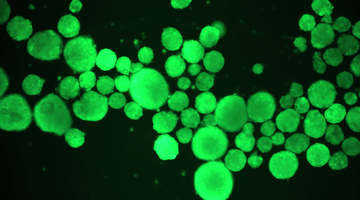
In this activity, students use role-playing to explore different stakeholders’ perspectives on the issue of using pig cells to treat type 1 diabetes. Transplanting pig cells into humans is a type ...
READ MORE
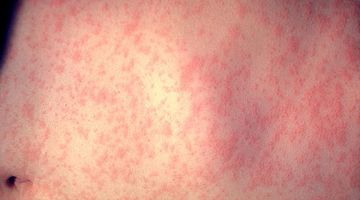
In this activity, students explore ethical issues related to fighting infection. Students learn about the science involved and the associated ethical dilemmas. They have opportunities to discuss ...
READ MORE

In this activity, students use bread slices to investigate the role of moisture in mould growth. By the end of this activity, students should be able to: discuss the role of moisture in mould ...
READ MORE
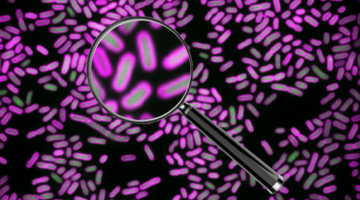
Help this global project to develop a faster test for antibiotic resistance by looking inside bacteria that have been treated with antibiotics. This will improve healthcare for patients with ...
READ MORE
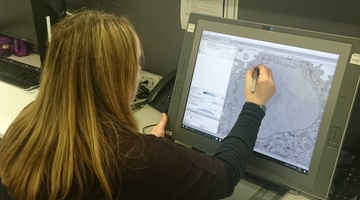
In this online citizen science (OCS) project, participants analyse electron microscope images taken of a range of biological samples, helping scientists better understand cancer, infectious ...
READ MORE

Alzheimer’s disease is an irreversible, progressive brain disorder that slowly destroys memory and thinking skills and eventually even the ability to carry out the simplest tasks. In this online ...
READ MORE

Students develop knowledge of new technology that enables fish oil to be added to food without a fishy taste or smell and design an advertisement to promote an omega-3 enriched food. Purpose To ...
READ MORE

Modern antibiotic medicines came into use in the middle of the 20th century. They enabled doctors to treat serious – and sometimes fatal – bacterial infections like strep throat and pneumonia ...
READ MORE

In this recorded professional learning session, Dr Siouxsie Wiles, Associate Professor of Molecular Medicine and Pathology answers key questions about antimicrobial resistance (AMR). AMR has been ...
READ MORE
Type 1 diabetes is currently treated with insulin injections, but this is an imperfect process that can have severe health complications. Live cell transplants improve on this treatment because ...
READ MORE
LCT is trialling encapsulated pig cells to treat type 1 diabetes, but this technology may also be applied to other diseases with cell loss. For example, in patients with Parkinson’s disease ...
READ MORE
Bob Elliott has spent his career researching type 1 diabetesType 1 diabetes is caused by the death of clusters of cells in the pancreas called islets of Langerhans (or islets). Islets produce the ...
READ MORE
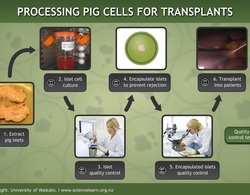
An overview of the process used to make a pig cell transplant treatment for type 1 diabetes.
READ MORE
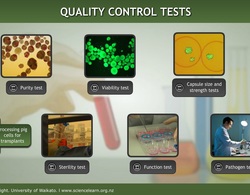
An overview of the quality control checks used within the process to make a pig cell transplant treatment for type 1 diabetes.
READ MORE

Common household activities like cooking, cleaning and bathing produce moisture in our homes. Cold, damp houses can have serious effects on our health. Find out what causes moisture and how to ...
READ MORE